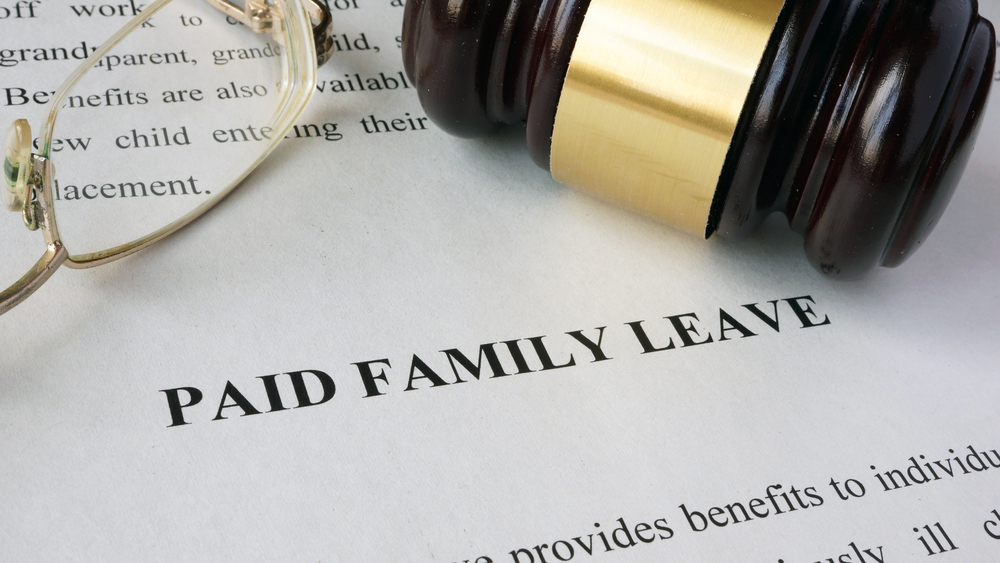Changes are coming for Massachusetts employers starting on July 1, 2019. Massachusetts employees will be eligible for paid leave from the state to be funded by a payroll tax.
Who’s eligible?
- Current employees, regardless of tenure or hours (no employee minimum);
- Employees who have been separated for 26 weeks or less; and
- Self-employed independent contractors – where independent contractors comprise more than 50% of the workforce (i.e. real estate agents)
How much time off do employees get?
- 12 weeks of paid family leave
- 20 weeks paid medical leave
- Maximum combined benefit of 26 weeks/year
Runs concurrently with FMLA and MA Parental Leave Act.
What can leave be used for?
- to provide care for the employee or a family member due to their or their family member’s serious health condition;
- to bond with a newborn, foster, or adopted child within the first 12 months of birth, placement, or adoption;
- for needs arising out of a family member’s active military duty or impending call to active duty; or
- to care for a family member who is a covered service member.
Benefit amounts will be determined based on a percentage of the employee’s weekly income, up to a maximum of $850.00 per week.
What do employers need to do starting on July 1, 2019?
- Inform employees of their new rights by (1) conspicuously posting notice of benefits, and (2) beginning to issue written information to new employees. Employers who are found not to have satisfied these notice requirements will face fines.
- All employers must begin delegating 0.63% of each employee’s wages to the state trust funding the paid leave. Employers with more than 25 employees will be required to make the full contribution but will be able to deduct certain percentages of the contribution from the employee’s wages—up to 40% for medical leave and up to 100% for family leave. Employers with fewer than 25 employees will NOT have to contribute.
- Employers must continue to honor employee accrual of benefits (e.g., vacation, sick leave, seniority, and bonuses) and to contribute to employer-sponsored health insurance during an employee’s period of family/medical leave.
- Employers will remain bound by all preexisting laws, company policies, and/or collective bargaining agreements providing greater leave benefits, though employers with greater leave benefits may apply for an exemption from the program.
- Employers may not retaliate against employees for exercising their rights under the law, and any adverse employment action taken against an employee during or within 6 months of their leave will be considered presumptively retaliatory. The law provides employees with a private right of action to pursue retaliation claims.
Proposed regulations will be published for comment by March 31, 2019. The regulations are expected to be finalized by July 1, 2019.

